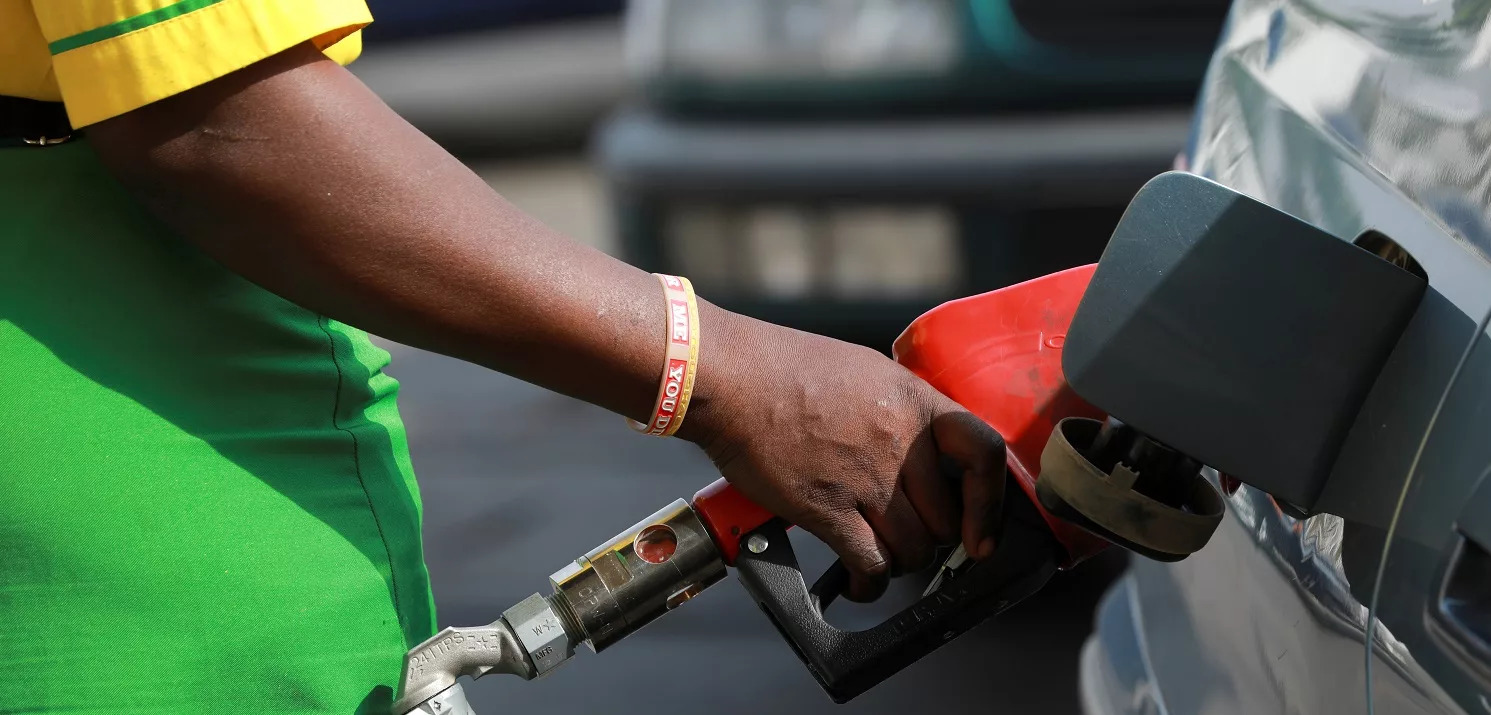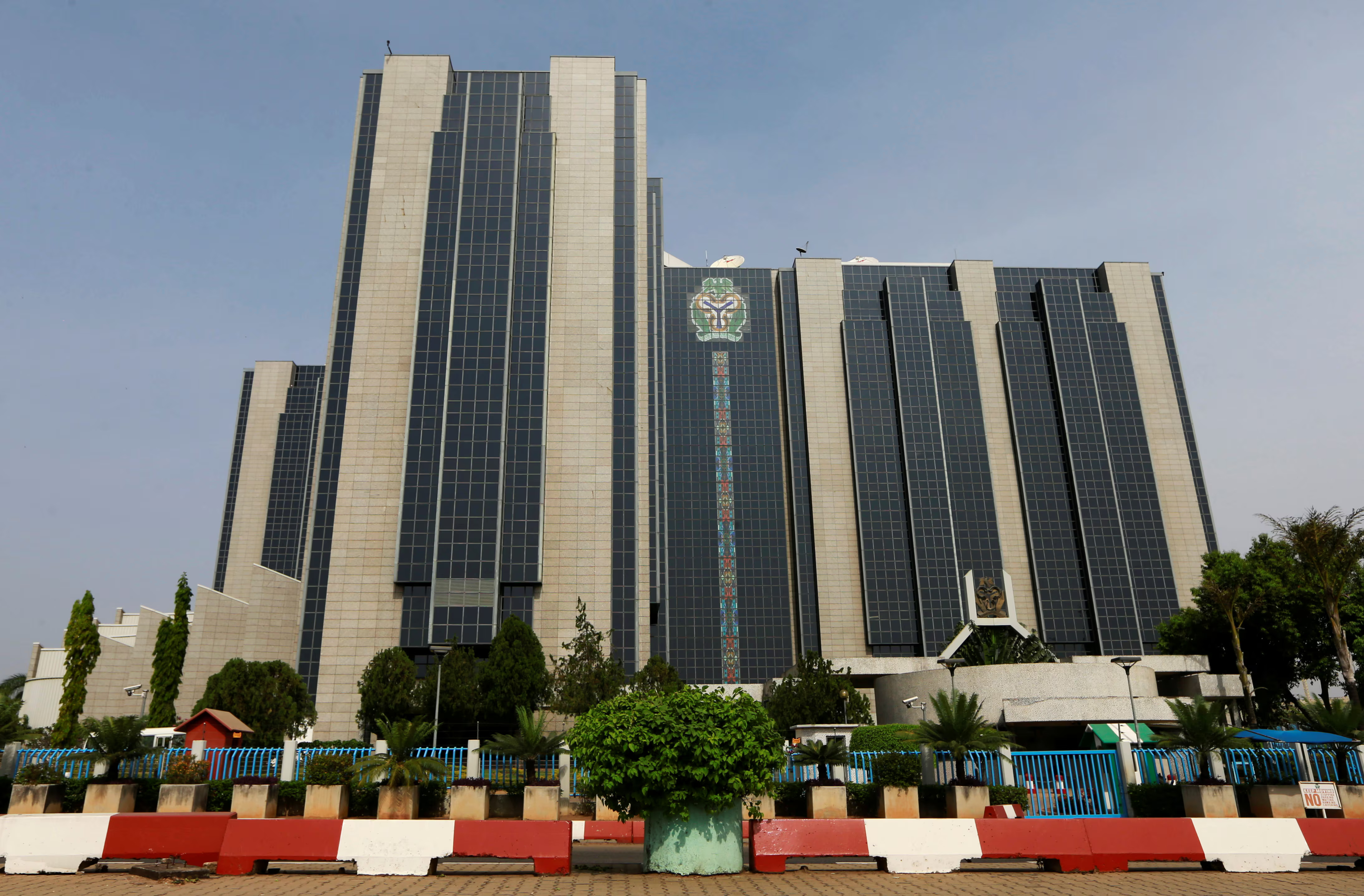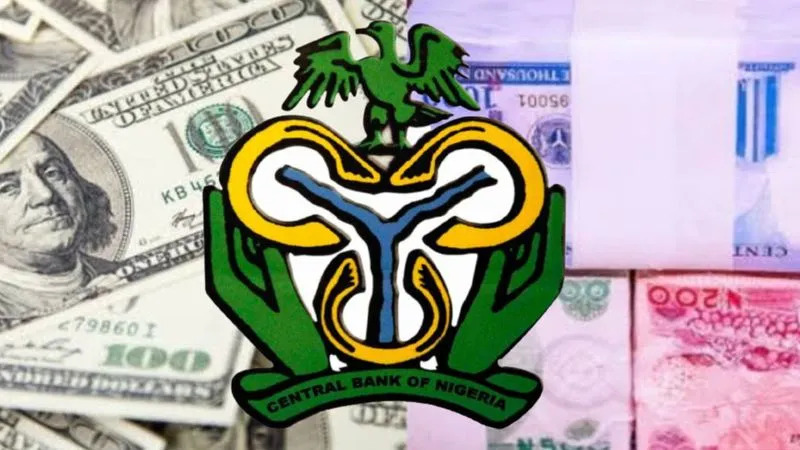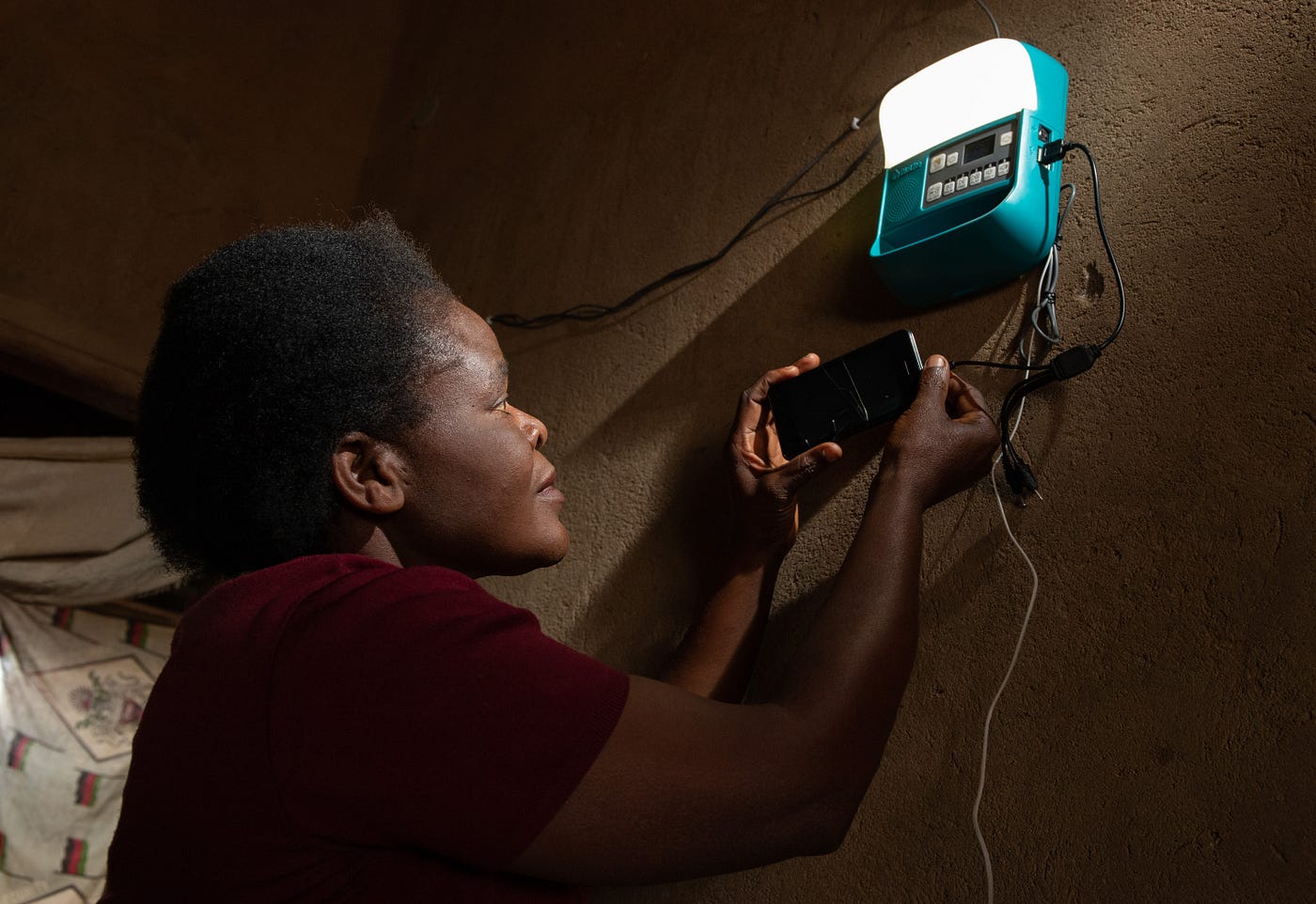- by Williams O.
- Jul 05, 2025
Is Tinubu Building an Elite Economy? Nigeria’s Middle Class Is Asking the Hard Questions

- By Williams O.
- • Wed, Jul 16 2025
- • in Policy & Trends
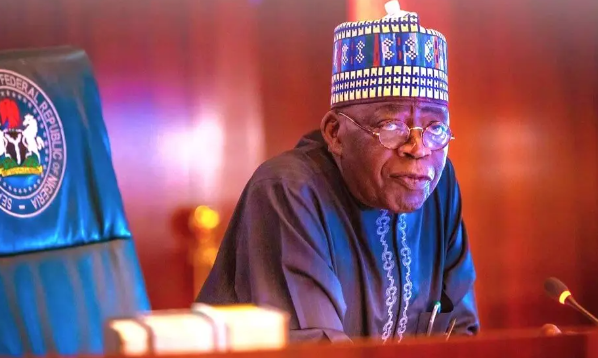
When President Bola Ahmed Tinubu assumed office in 2023, he came in with promises of bold reforms and the courage to fix what many believed were deeply broken systems. And true to his word, he wasted no time in taking action. The fuel subsidy was removed on day one. The naira was floated. Tax reforms were rolled out. Electricity tariffs were restructured. And he told Nigerians to “endure”, that it was for the good of the nation.
When the middle class stops buying suya and amala, the street economy dies. That’s when you know a country is in trouble.
Williams O. Omodunefe
But two years in, as rent, food, fuel, and basic survival costs have climbed beyond imagination, many are asking: Who are these reforms really working for? And more urgently: Is Tinubu slowly building an economy that only works for the elite, while crushing the middle class and leaving the poor to survive on prayers?
🎯 Bold Reforms, Brutal Consequences
On paper, many of Tinubu’s policies are economically sound. The fuel subsidy had to go. The multiple exchange rates were unsustainable. Tax reform is essential for revenue. But in practice, these moves have felt like cold arithmetic on warm human lives.
The floating of the naira sent inflation soaring above 30 percent, almost overnight. Dollar-based goods became luxury items. School fees, food imports, and medical bills all ballooned. Meanwhile, the removal of subsidy, while praised by international bodies, doubled transportation costs and triggered a chain reaction that hit every corner of the economy, from sachet water producers to tech startups.
The idea was that electricity would become more stable, offsetting the pain of fuel hikes. But that didn’t happen. In fact, many Micro, Small and Medium Enterprises (MSMEs), the backbone of Nigeria’s economy, are struggling to keep their doors open. Power outages remain rampant. Diesel and petrol costs are unsustainable. Tariffs are high, and service is unreliable.
🧍🏽♂️ The Middle Class: Nigeria’s Endangered Species
Through all this, the poor have suffered. But the middle class? They are disappearing. Quietly. Tragically.
They are the teachers, accountants, nurses, entrepreneurs, freelancers, journalists, the people who make just enough to get by, pay school fees, support extended families, and keep some form of dignity intact. They are the ones who keep the economy going: they pay the most taxes, employ the informal class, and power everyday transactions.
But they are now the ones:
Selling off their cars to pay rent
Pulling children from private schools
Downsizing meals and skipping medical care
Abandoning outings, restaurants, and leisure entirely
Cooking everything at home, not by choice, but by necessity
And here lies the real tragedy:
When the middle class stops buying akara, who feeds the roadside woman?
When they stop eating at buka joints, what happens to the woman selling amala?
When they can no longer tip their barbers or buy recharge cards or pay artisans, how do the lower class survive?
Money no longer flows. The streets are dry. Not because people don’t want to spend, but because there is nothing left to spend.
🗣️ Where Is the Empathy?
Supporters of Tinubu argue: “He has only been in office for two years. The reforms take time.”
But for many Nigerians, it’s not about time. It’s about empathy.
Why were there no safety nets in place before these massive shocks?
Why weren’t salaries increased before inflation ate them alive?
Why are government officials living in luxury, flying private, building mega mansions, while the average citizen chooses between fuel and food?
Reform is not a license to abandon people. The economy is not just about numbers, it’s about lives.
🧠 The Middle Class Is the Social Buffer
In every society, the middle class acts as a buffer between the elite and the poor.
They are close enough to understand poverty, and stable enough to lift others out of it.
They hire house helps, support artisans, buy small chops, donate to churches, pay local teachers, tip cab drivers.
When that class shrinks or disappears, crime goes up. Desperation rises. The rich lock their gates tighter. The poor get angrier. The streets become colder.
You cannot build a stable nation on two extremes: those who have too much, and those who have nothing.
💬 Final Thought
Tinubu promised “renewed hope.” But for many Nigerians, hope now feels like a luxury they cannot afford.
There is still time to course-correct. Raise wages. Strengthen MSMEs. Reduce waste. Provide real safety nets.
Policies must be people-first, not just market-first. Or else, we may win the approval of global institutions and lose the soul of our own country.
Because if no one can afford to buy the akara on the roadside, then we are not building an economy.
We are building a mirage.
